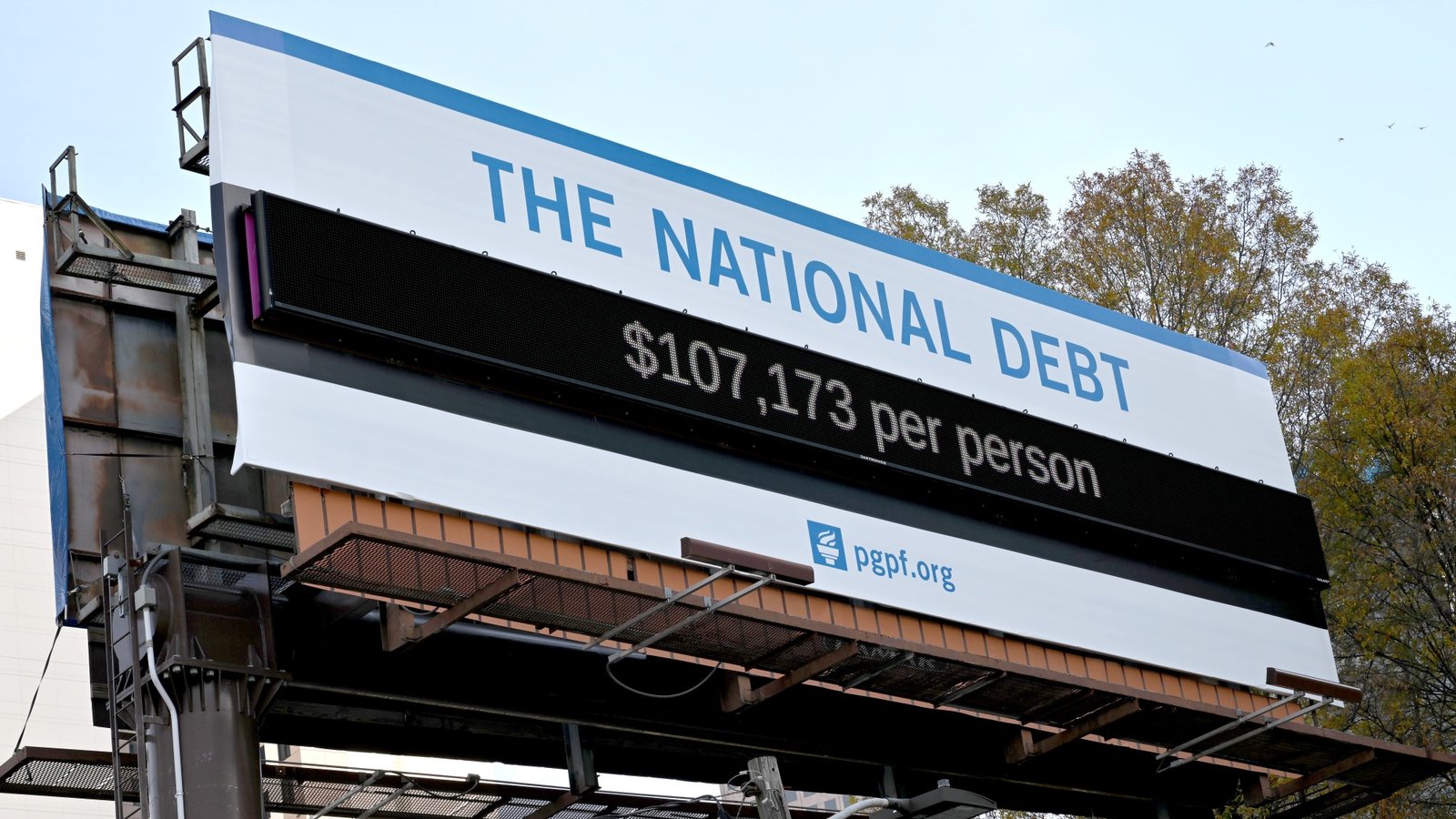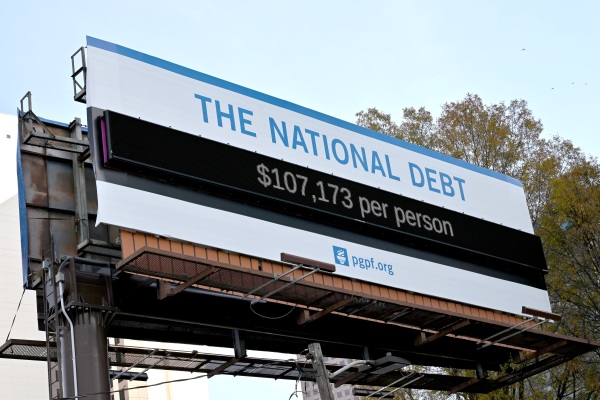
The massive Republican Party bill will add trillion dollars to the country’s debts

The draft tax reduction and spending law this week will add trillion dollars this week to the next decade to a huge federal debt.
The exact level of additional red ink depends on prediction. the Yale budget lab He says he will add $ 3 trillion over the next ten years, while Congress Budget Office (CBO) is estimated that it will add $ 3.4 trillion. At the same time, and The responsible federal budget committee The total puts 4 trillion dollars or more.
But all of the beans are agreed: if it is passed, the procedure will pay more than balance. The draft law is now returning to the home, which went through a somewhat different version earlier this year.
"We have just witnessed the blatant ignorance level for the financial state and the budget process in our nation, a failure in the responsible ruling," Maya Mccenes, head of the committee for the responsible federal budget, said. "These are the same lawmakers who have been exposed for years to the debts of the huge nation, where they voted to put $ 4 trillion on the credit card."
Decreased taxes, a few batch of growth
The draft law will expand tax cuts from the Trump administration and add additional tax exemptions, which reduces government revenues. This procedure also increases government spending on defense enforcement and migration enforcement. Although it makes the discounts in spending on medical aid and food assistance, these cuts make up only a small part of the total cost of the project.
At the same time, this measure is expected to do a little to enhance economic growth. The Central Bank of Oman has not yet estimated the economic effects of the Senate Bill. But a previous home version was found to provide only modest economic gains, which were The cost of higher interest payments.
Most of the savings were from the tax cuts of the House Law draft It is expected to flow to the richest taxpayersWhile the people at the bottom of the income scale will be worse off, as any tax savings will be superior to the lost government advantages.
On average, people who earn less than $ 55,000 per year will be the net losers of the home bill, according to the Omani Central Bank expectations. The medium -income taxpayers will save between $ 500 and 1,000 dollars a year, while the top 10 percent will witness gains of about 12,000 dollars.
Copyright 2025, NPR













Post Comment